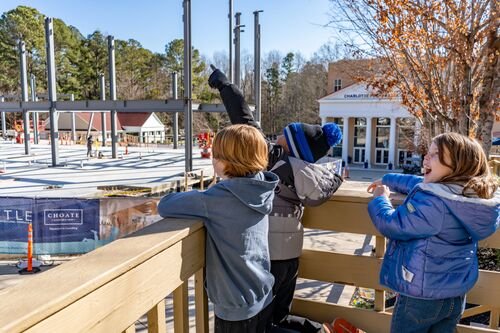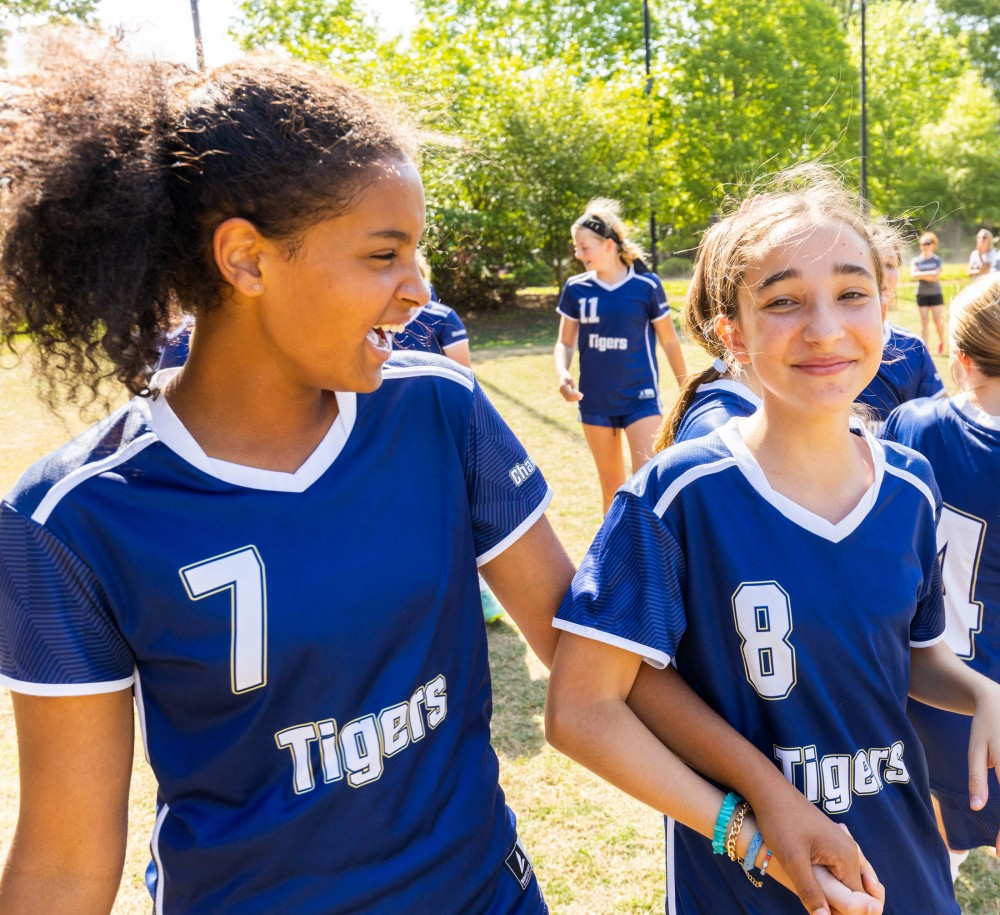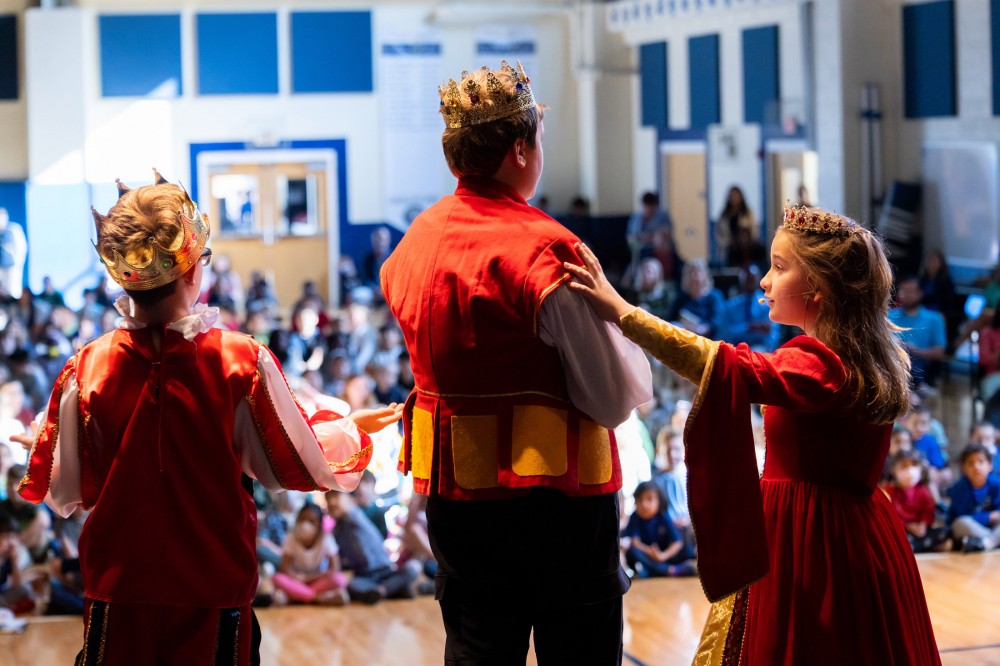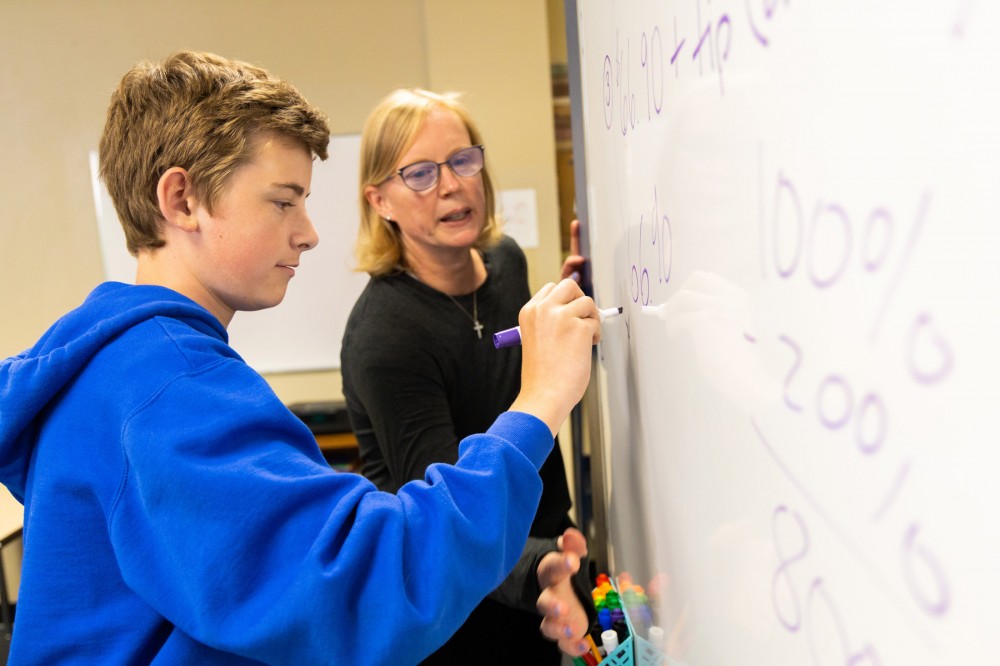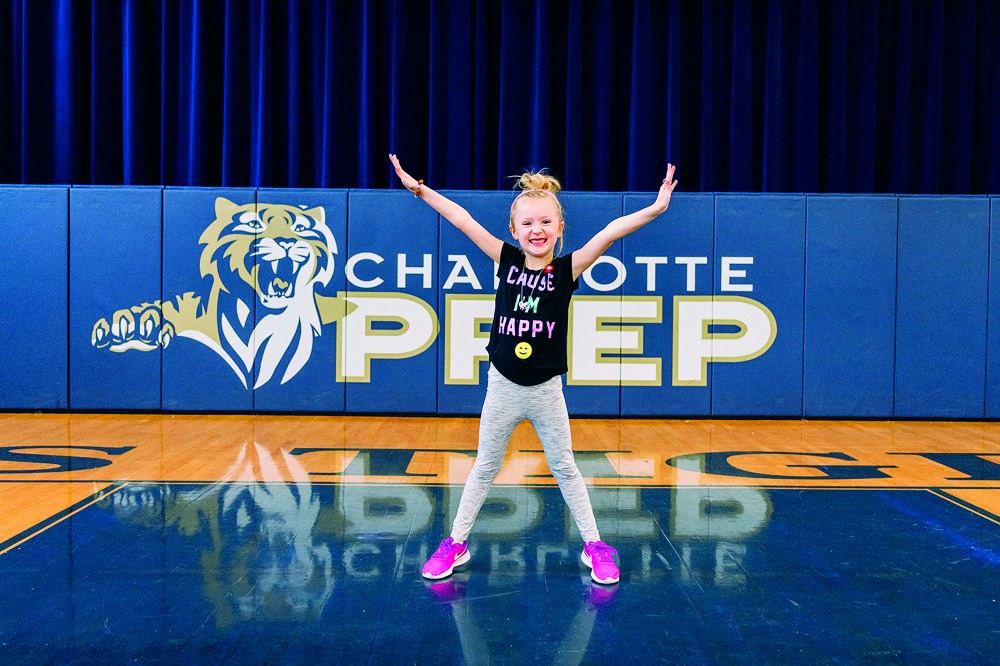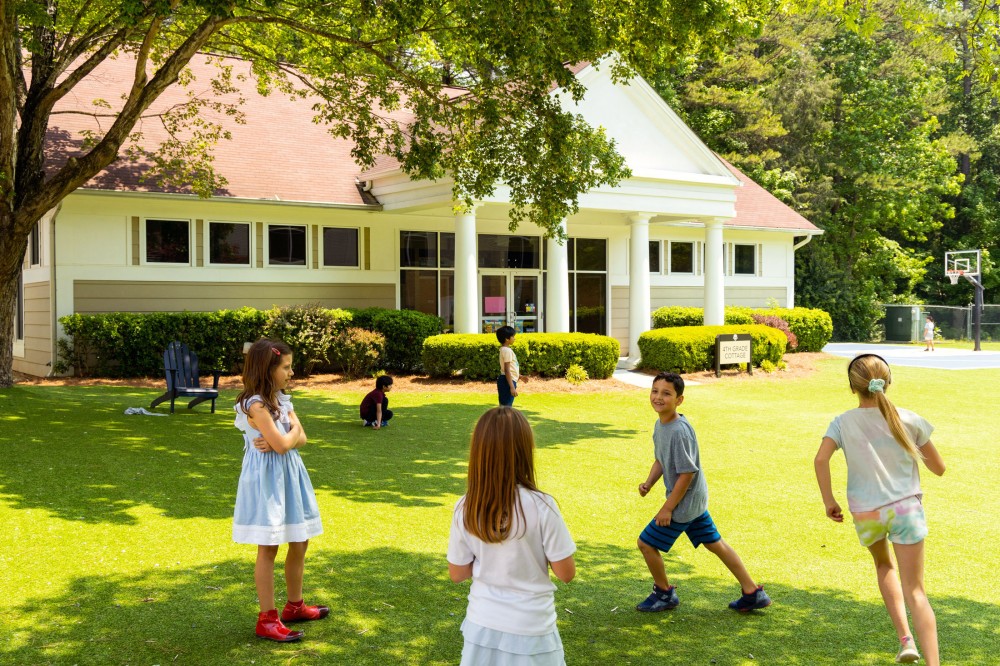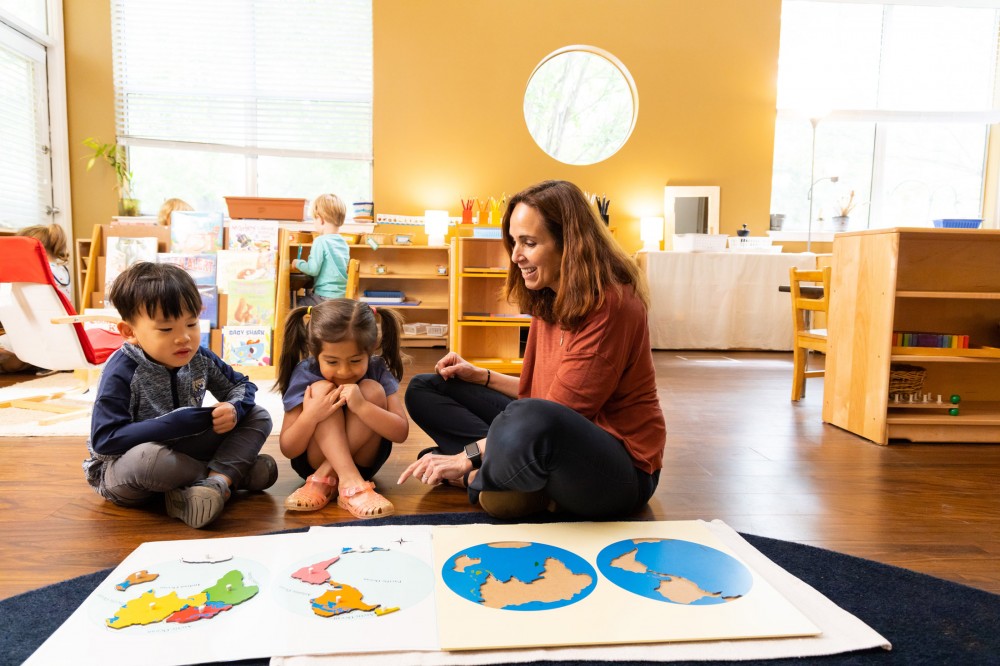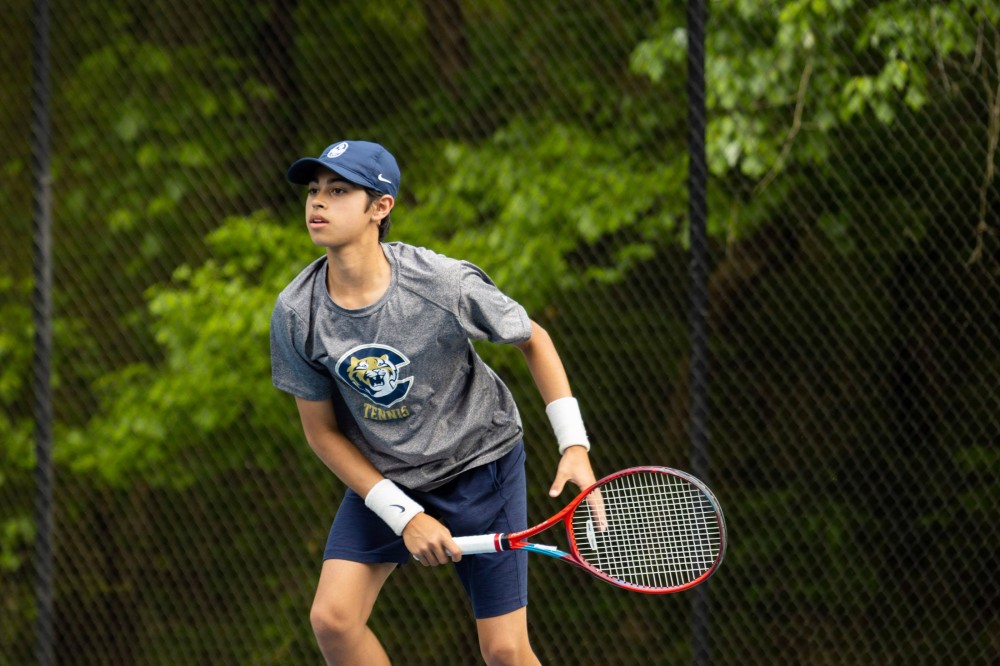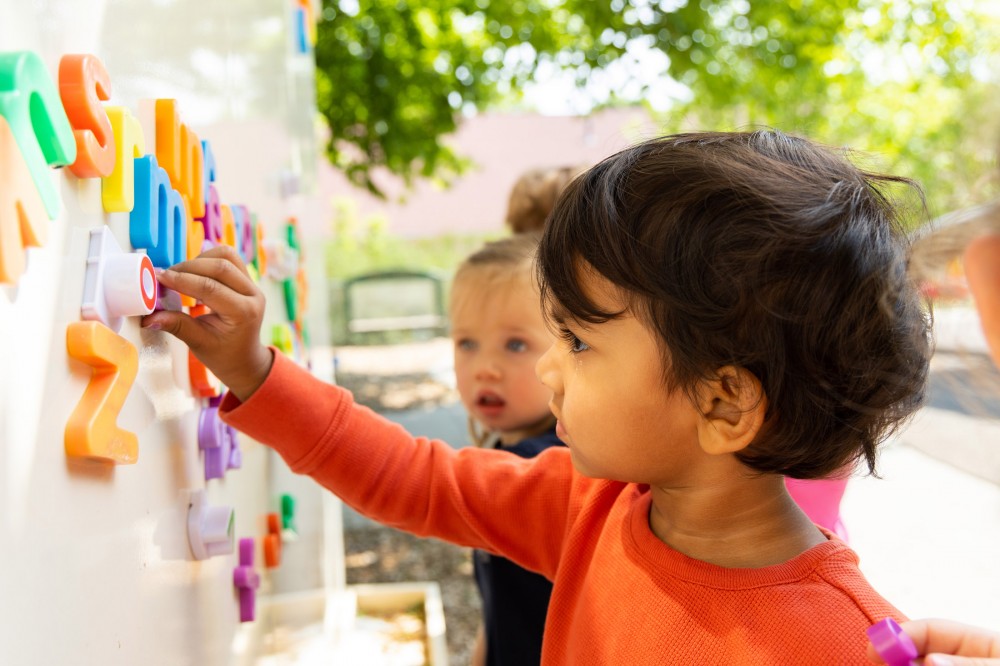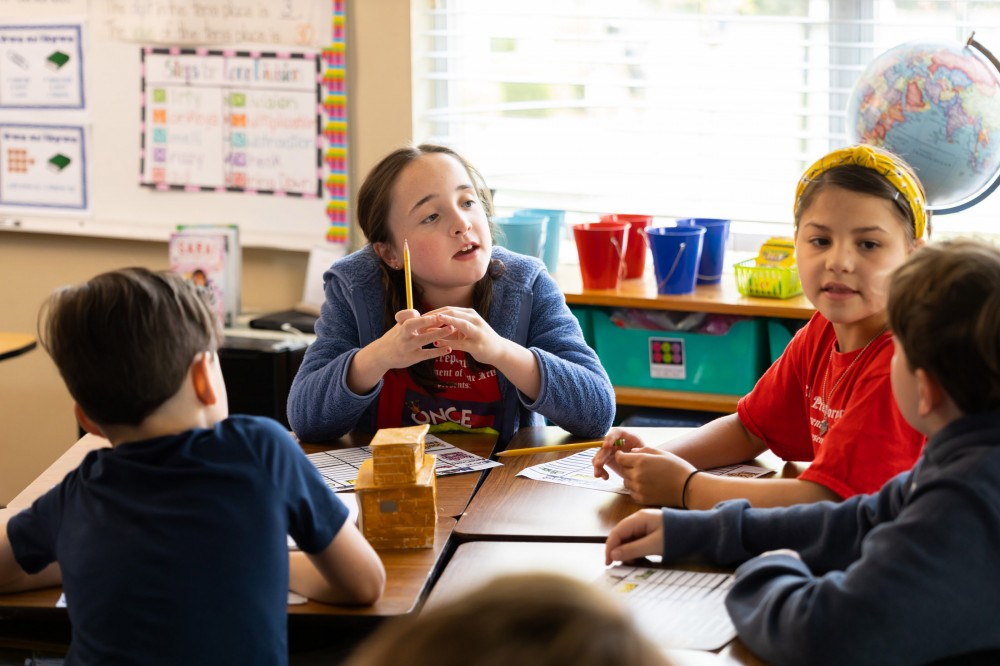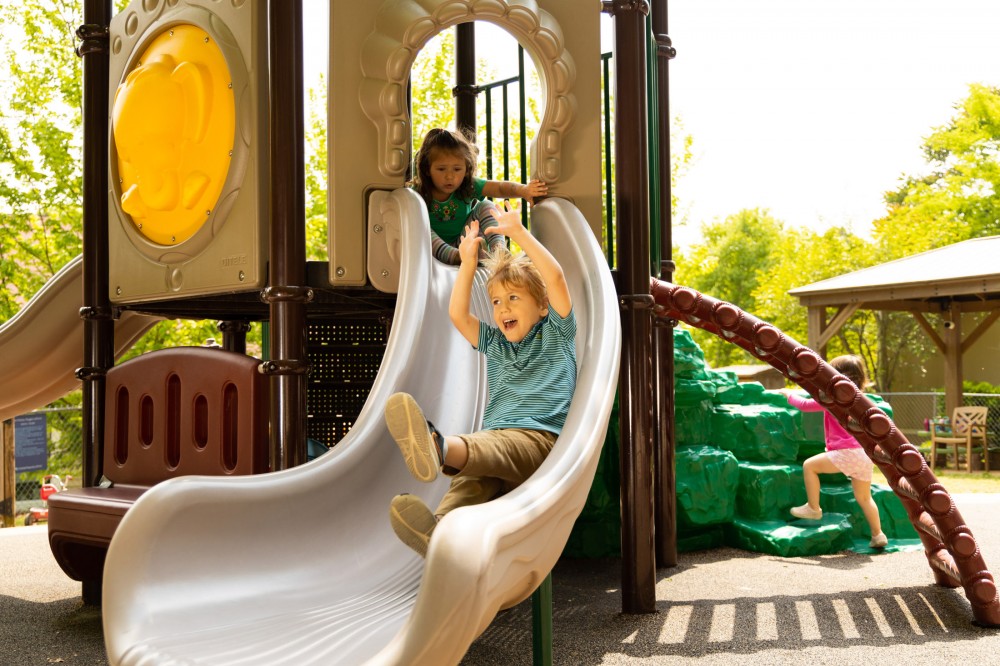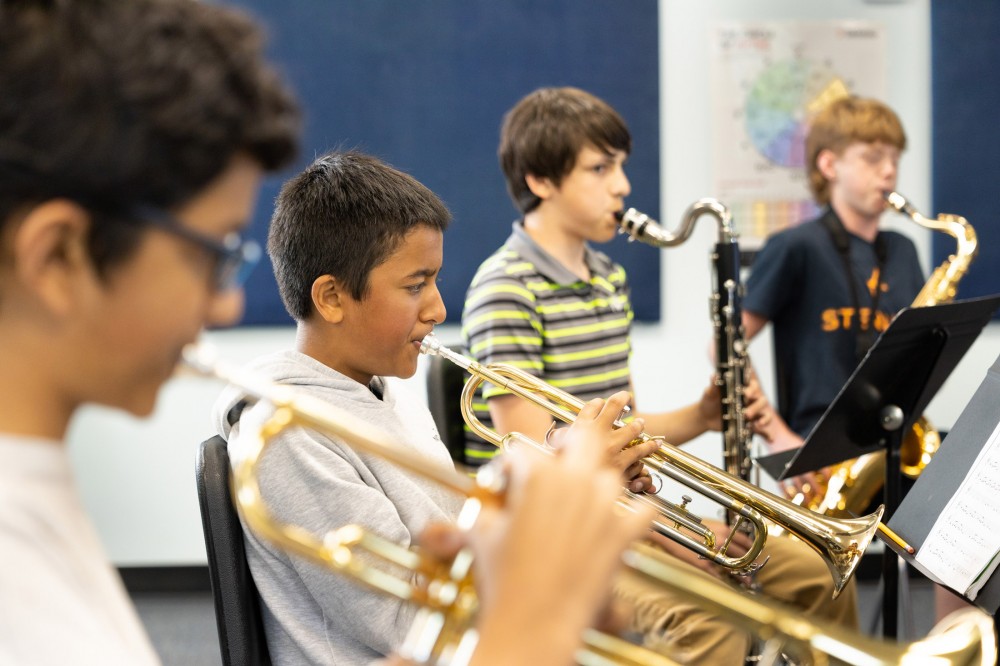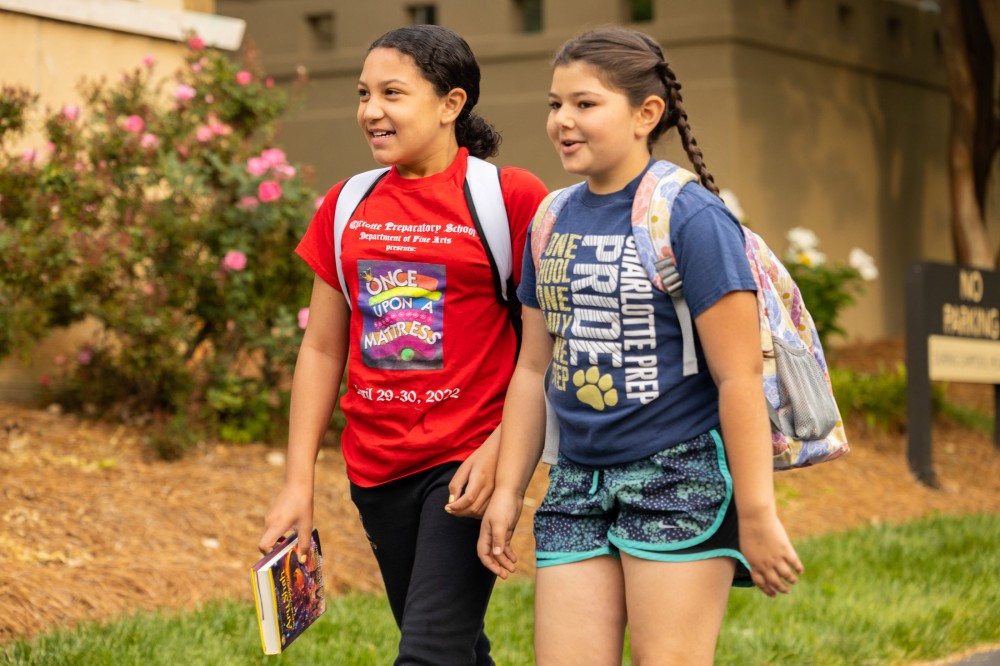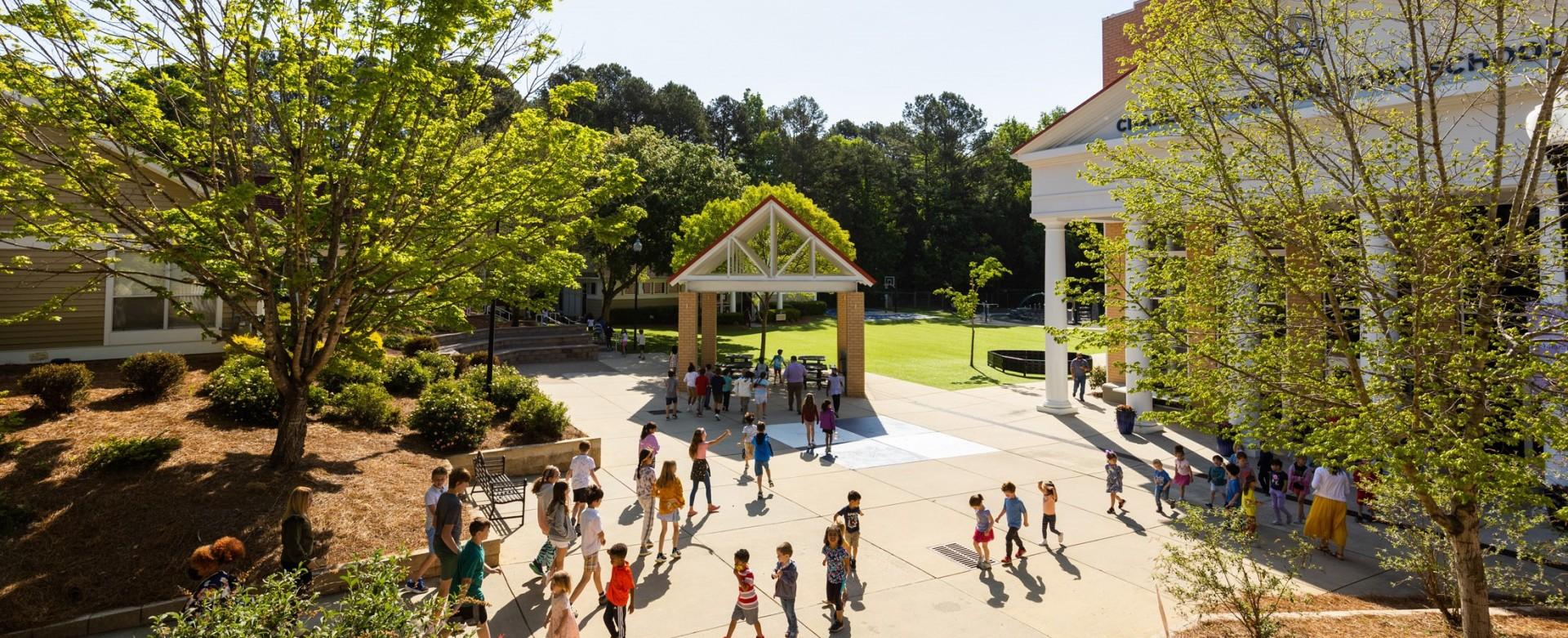The Architecture of Learning
January 8th, 2025
 When we received an overview of the work necessary to complete our new lower school, I was surprised by how much time it would take to prepare the building site. This necessary but unglamorous work – the grading of soil, the connection of utilities like water and sewer, and the pouring of the building’s foundation – is critical to the new building’s functionality and strength, and it takes time to do this work correctly. This made me think about the importance of foundational work in other endeavors, from learning how to play the guitar to how to be a capable student.
When we received an overview of the work necessary to complete our new lower school, I was surprised by how much time it would take to prepare the building site. This necessary but unglamorous work – the grading of soil, the connection of utilities like water and sewer, and the pouring of the building’s foundation – is critical to the new building’s functionality and strength, and it takes time to do this work correctly. This made me think about the importance of foundational work in other endeavors, from learning how to play the guitar to how to be a capable student.
Much of what students learn in a PK-8 school like ours is foundational: how to read and write, how to productively engage and interact with others, and how to think and problem solve. These and many other academic and personal skills foster the growth and development of children as students and people, and we must take the time to properly build this foundation.
However, education is not always strictly sequential; students often need to start building new structures while they are learning basic skills and still strengthening their foundations. This is the generative work that is critical to child development. It’s like learning to play the guitar – we try to play that challenging song even though our foundation skills are still being developed. Balancing these two outcomes – developing skills and then deploying these skills in meaningful ways – is the responsibility of the teacher, who calibrates this balance for each student.
This interplay between learning and doing is central to a strong education. Unlike the construction of a new building, learning is recursive – it ebbs and flows, moves forward and circles back, and often does not follow a straight line. But whether constructing a new building or helping a child learn, we hope for similar outcomes: something beautiful, long-lasting, and meaningful.
More News from Charlotte Prep
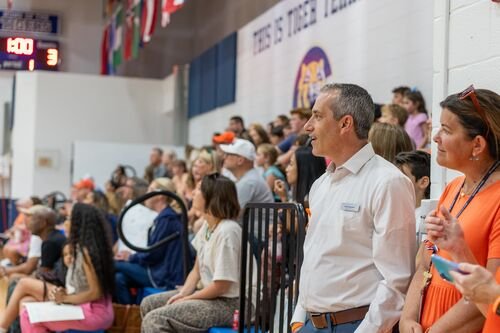 Sep25First Impressions: What does community mean at Prep?
Sep25First Impressions: What does community mean at Prep?In my first month, I have conducted over thirty 1:1 meetings with faculty/staff, had lunch with nearly every 8th grader, and attended countless Prep events in search of the answer to the question “What does community mean at Prep?”
See Details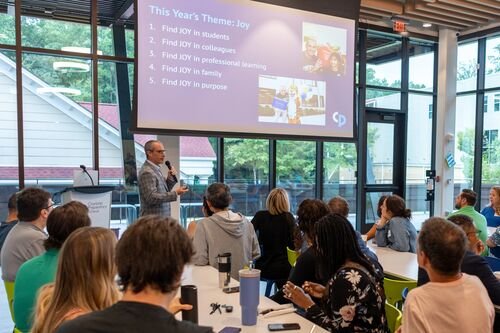 Sep4Message from Head of School Coffee
Sep4Message from Head of School CoffeeI had the honor of speaking to many of you at this year’s first head of school coffee on August 28 in The Lair, our sparkling new dining hall and meeting space. In case you couldn’t be there, here are some highlights.
See Details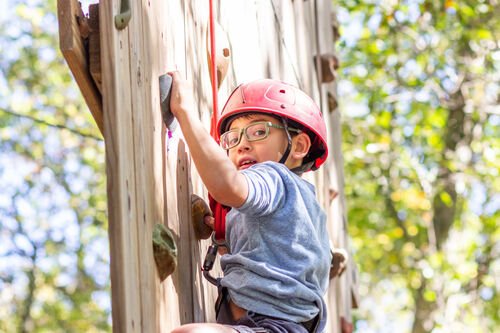 May1What We Expect, They Achieve
May1What We Expect, They AchieveI had a teacher in elementary school who one day told me I was an average math student. I am not sure how she thought this was helpful feedback, but from that point forward, I internalized her comment and became, in fact, an average math student. One teacher. One comment. Dramatic outcome.
See Details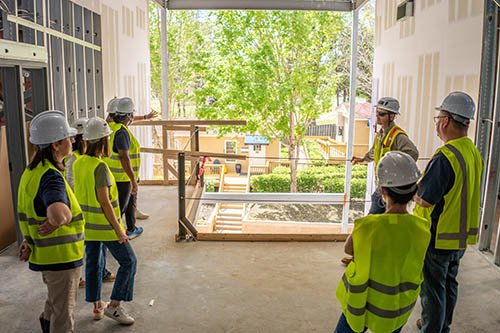 Apr9The New Lower School Building Takes Shape
Apr9The New Lower School Building Takes ShapeIt has been exciting and interesting to witness the latest phase of the construction of our new lower school. From initially seeing the building in two-dimensional mock-ups and drawings to now seeing it rise before us, we are getting a whole new perspective on what the building will actually look like and how it will function.
See Details

